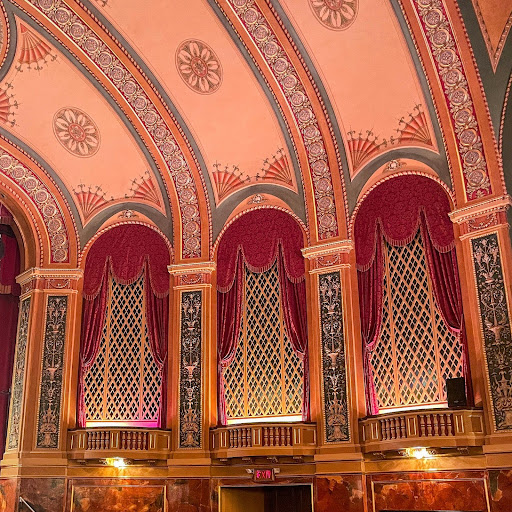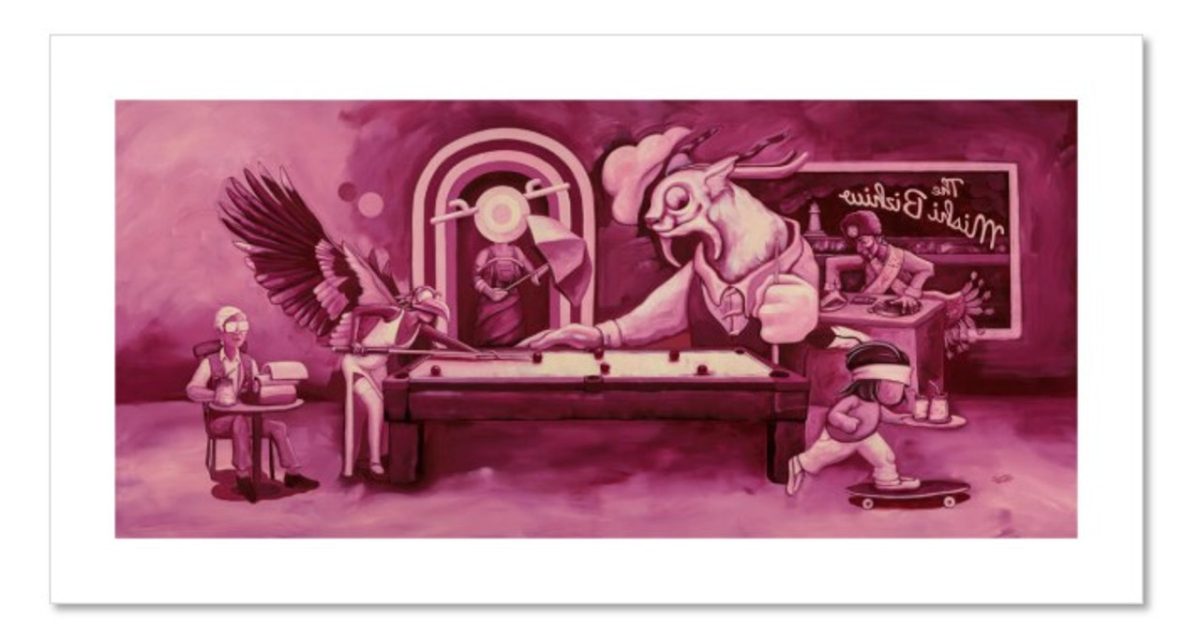On August 26, 2025, the Michigan House of Representatives passed a budget proposal that outlined an elimination of funding to the Michigan Arts and Culture Council (MACC).
The National Endowment for the Arts (NEA) is the largest federal agency that funds art institutions across the U.S., and it contributes to numerous organizations — one being the MACC. The culture council provides grants to institutions dedicated to music and music education, following its mission of ensuring that citizens receive the “civic, economic, and educational benefits of arts and culture.”
Per Section 517 of the FY 2025-2026 Proposed House Substitute House Bill 4706 (H-1), Governor Gretchen Whitmer and the Michigan Senate proposed to keep the MACC program but make adjustments. Such elements included lowering the cap on administrative costs, removing some earmarked funds and reallocating money to other cultural projects. The Michigan House deleted the entire section, effectively eliminating all state funding for the program.
This is not the final version of the budget, but rather the House’s version. The Senate must also review it and is able to make modifications. From there, the House and Senate must reconcile on a proposal that will be sent to the Governor for signature or veto.
On Tuesday Sept. 16, the Cultural Advocacy Network of Michigan (CANM) hosted a rally at the Capitol building titled “Fund MI Arts & Culture Day.” The chair of the MACC, state representatives, the President and CEO of Michigan Humanities and several others, volunteered to speak on the importance of retaining arts and culture initiatives; musicians, poets and artists demonstrated their compelling crafts as a symbol of great importance.
Protesters held signs that said, “Protect our creative future,” “Art is at the heart of bipARTisan,” and “Till death we art” as seen in a Playground Detroit Instagram post — an art gallery in Detroit known for showcasing emerging local artists.
The CANM and many other cultural organizations have been spreading awareness about the recent proposal.
“America’s creative sector is not just about performances, exhibitions, and archives. It’s about jobs…education…preserving stories, traditions, and the soul of our communities. In fact, between 2022 and 2023, arts and culture contributed $1.2 trillion to the U.S. economy—4.2% of the GDP—and supported 5.4 million jobs, outpacing the overall economy in growth,” Lauren Ward, Director, CANM said.
Elisabeth Hoegberg, Director of the School of Music, Theatre and Dance (SMTD), Associate Dean of the College of Arts and Sciences (CAS), expressed her concerns about how this fiscal plan will affect the organizations Oakland University partners with to provide musical opportunities to under-served communities.
“Eliminating arts funding not only has a direct financial impact on people in our community, but also reflects a decreasing devaluation of the arts,” Hoegberg said.
“Sometimes people think, “Why do we need a symphony orchestra?’ or ‘Why do we need a piano recital?’ Because those are means of sharing experiences that transcend words. The arts facilitate our ability to tap into what it means to be human, and then to be able to share that with others. So removing those kinds of opportunities impoverishes the human spirit,” Hoegberg said.
“If you think about removing everything considered to be arts out of the fabric of society, whether that’s music, visual art or dance, there would be very little left. The ways the arts intersect with our life are almost imperceptible, but if you removed them, you would really notice the difference. From the clothes that we wear to the signs that we see, they’ve all been impacted by the development of a culture of arts,” Hoegberg said.









